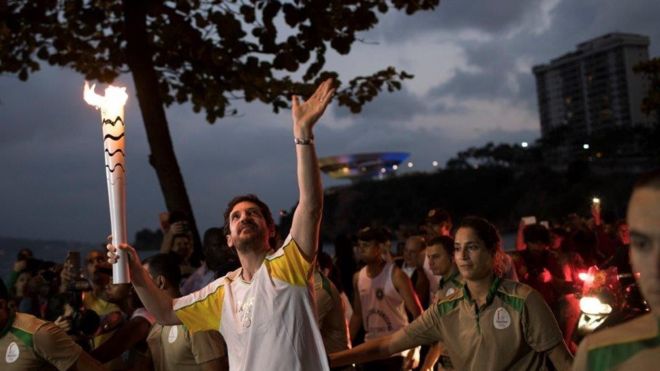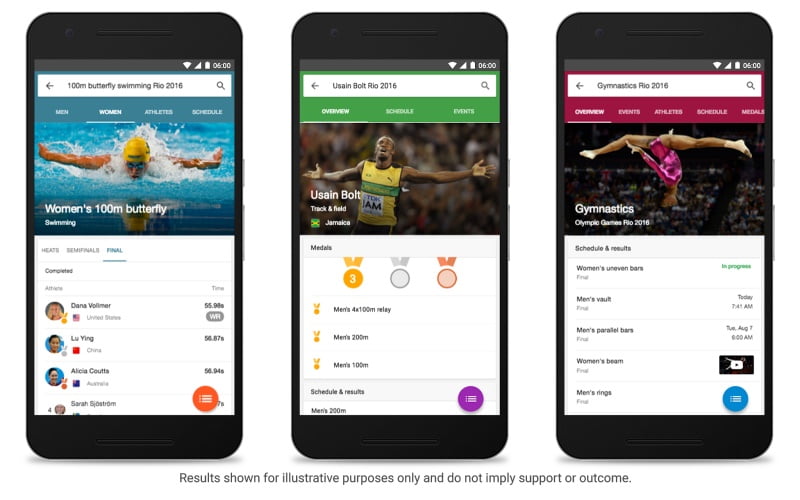
Britons “should give Portuguese a go” as the Olympics get under way in Rio de Janeiro, urges the British Council.
Almost two in five of 2,000 UK adults surveyed for the charity did not know Portuguese was the official language of host country Brazil.
More than one in 10 said the language was “Brazilian”, while one in five thought it was Spanish.
Portuguese is not widely taught in UK schools but will be crucial to future trade deals, says the British Council.
Previous research by the UK’s international cultural and educational organisation identified Portuguese as the sixth most important language “for the UK’s prosperity, security and influence in the world over the next 20 years”.
That report called for a wider range of languages to be taught in schools, based on analysis of global economic, political and educational factors.
Currently, less than 1% of the UK population can speak Portuguese, says the council.
In 2015 just 2,932 students took Portuguese GCSE compared with 168,402 who took French and 93,028 Spanish, it adds.
Languages of the future
- Spanish
- Arabic
- French
- Mandarin Chinese
- German
- Portuguese
- Italian
- Russian
- Turkish
- Japanese
Source: British Council
The survey is part of the British Council’s 2016 campaign for more UK adults to take language lessons, following a general decline in language learning at both school and university level.
The campaign urges people to boost their skills in languages such as French, Spanish or German, which are traditionally taught in schools, as well as others on the list such as Arabic, Mandarin Chinese and Portuguese.
“Portuguese is a hugely important language for the UK both now and in the future,” said Mark Herbert, British Council head of schools programmes.
“With the eyes of the world on Rio this summer, we have the perfect opportunity to learn more about this fascinating part of the world and to try out some Portuguese along the way.
“Ultimately, having more of us being able to speak at least a little of a foreign language is good for the UK’s long-term competitiveness in the increasingly connected world.”
The survey was carried out by Populus among a weighted sample of 2,152 UK adults.
[Source:- BBC]



